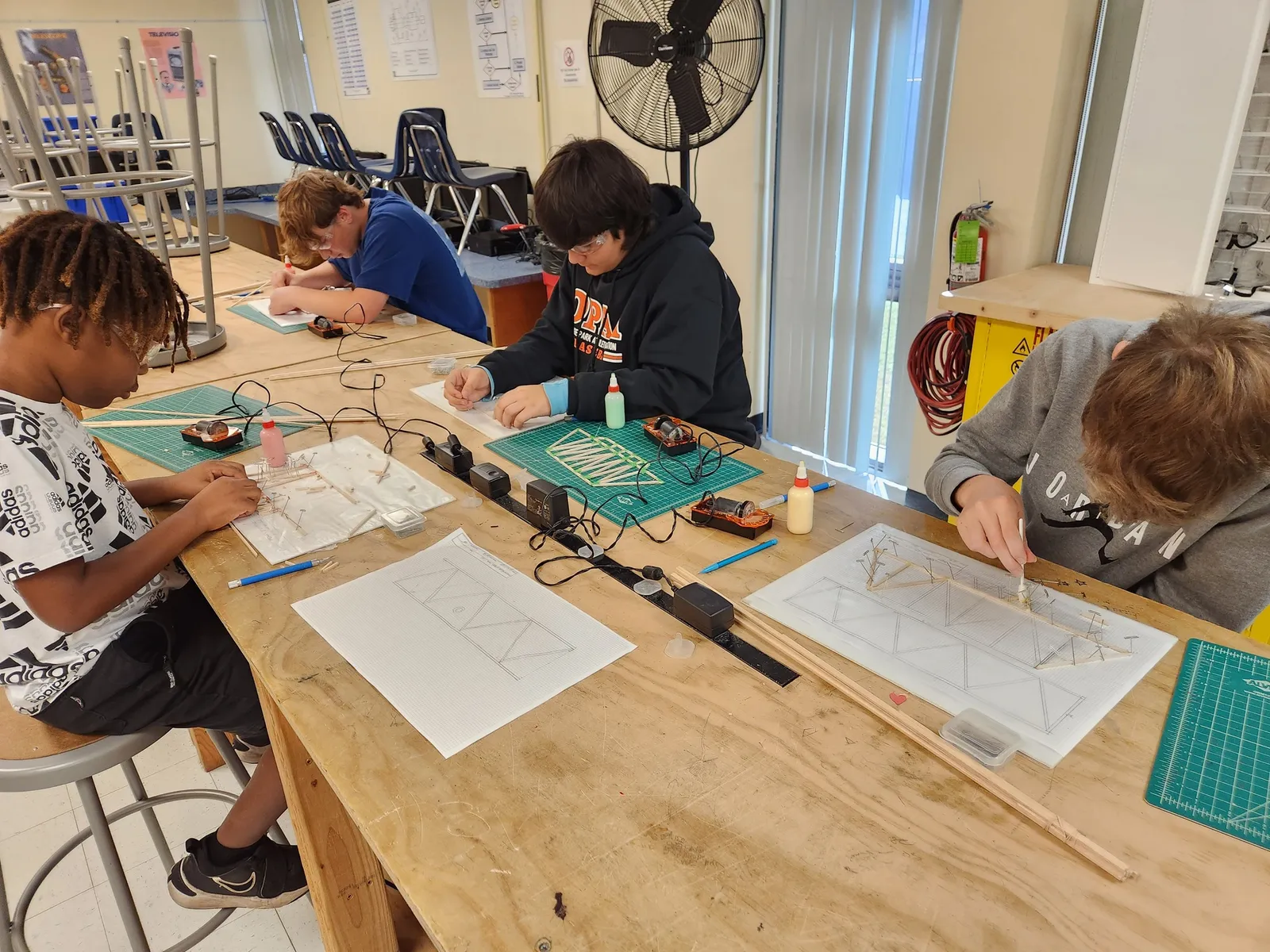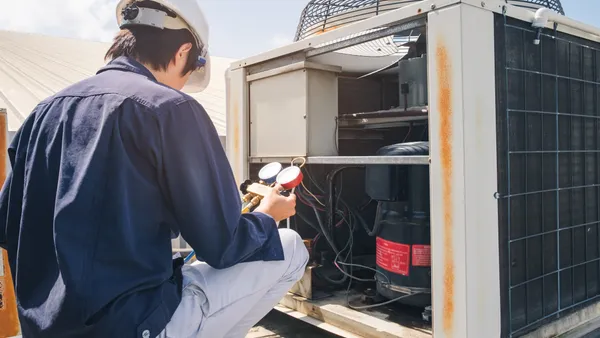Career and technical education programs have helped boost graduation rates, skills training and school engagement. Wider access has been hampered, however, by lack of funds, teacher shortages and outdated stigmas, lawmakers and panelists said during a House subcommittee hearing in Washington last Thursday.
"The college-for-all mentality has limited student options and created stigma around trades careers," said Danny Corwin, executive director of Harbor Freight Tools for Schools, a nonprofit that supports skilled trade education in high schools.
"While increasing the percentage of students with access to college is a laudable and necessary goal, it has had the unintended effect of closing off options for students who may choose to pursue a different path," Corwin said.
Several participants at the House Early Childhood, Elementary and Secondary Education Subcommittee hearing said high school options no longer need to be couched as a career-or-college scenario.
"We need CTE programs that are available to all students, so they can explore careers that interest them — whether or not they require a four-year degree or an industry-recognized credential," said Rep. Suzanne Bonamici, D-Oregon.
Kelly Mosley, CTE supervisor for Florida's Clay County District Schools, gave several examples of how the district incorporates work-based learning opportunities that benefit both college-and career-bound students. Clay County offers 33 programs in various career clusters for about 11,000 students.
For example, the district has an on-site child care center at a high school that helps prepare students for entry-level positions in child care or for college courses in early childhood education or elementary education. For students interested in business management, human resources, finance, marketing and customer service, another high school houses an on-site credit union where students can gain experience as interns.

Richard Kincaid, senior executive director of college and career pathways for the Maryland State Department of Education, spoke about the state's new mandate for all high school graduates to earn an industry-recognized credential or complete a high-school-level registered apprenticeship program by the 2030-31 school year.
"This mandate requires a rapid, statewide scaling of industry-aligned apprenticeship opportunities both on the industry side and in our schools," Kincaid said.
Mosley and others said that more complex technology, including artificial intelligence and robotics, are being integrated into new and long-standing industries and will require training in specific skills to meet workforce demands.
However, the obstacles preventing greater access to CTE programs could negatively impact those efforts.
About 98% of public schools offered CTE classes to high school students during the 2016-17 school year, according to the National Center for Education Statistics. The federal allocation for CTE through the Carl D. Perkins Career and Technical Education Act — funded at $1.5 billion in fiscal year 2023 — has slowly increased over the past 10 years.
According to the Association of Career and Technical Education, a membership organization of CTE professionals, 8.3 million high school students participated in these programs during the 2020-21 school year. Students who completed at least two courses in a CTE pathway that year were most commonly enrolled in health science; agriculture, food and natural resources; business management, administration and arts; and audiovisual technology and communications programs.
While the federal funding is helpful, it's not enough, said the panelists. Additionally, CTE programs need credentialed teachers who also have experience and technical training in their field.
These barriers make it essential that school systems, businesses and industry leaders work together on creative solutions for providing workplace skills training, apprenticeships, transportation for students to these programs, and equitable access to rigorous curriculum, participants said.
"As a country we consistently undervalue the value of this speck of education," said Subcommittee Chair Aaron Bean, R-Florida.















